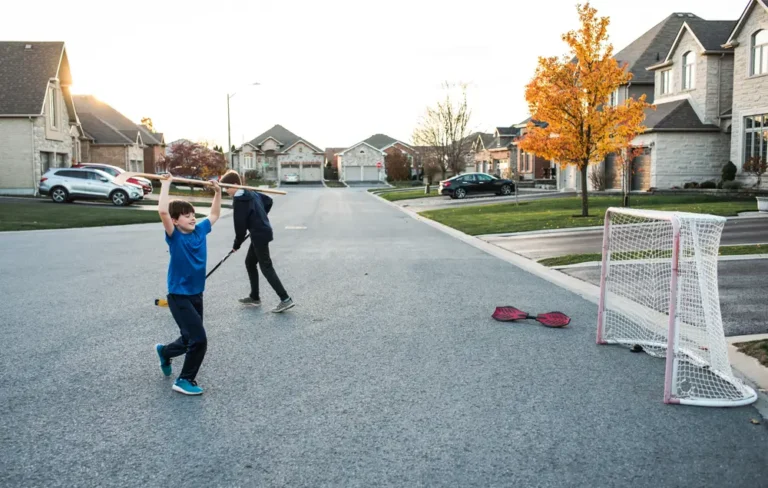My daughter still couldn’t tie her shoes at 9 years old. I’m to blame because I only teach her things when she’s interested.

The author has a unique parenting style.
My daughter needed a new pair of shoes for a hike we were about to go on, which was easier said than done. She was almost 9 and hadn’t yet learned to tie her shoes.
Some might say that she was too old not to know how and that I was slacking as a parent.
But every time I’ve sat down to show her how to tie a lace, she’d melt down in confusion. This happened about three times in her life, and not once did I shame her or insist she learn “right now” and push her through her overwhelm.
But on the day we went shopping for hiking shoes, I decided to gauge her interest.
It wasn’t an ideal situation. We were waiting in a long line at the store, and there were a lot of people and chatter, which normally overwhelmed her. But I taught her how to tie a shoe in the three minutes it took to wait for the cashier. She seemed intrigued by the challenge. She has ADHD, so I knew it was the right moment to finally teach her because she stayed engaged long enough to focus on the task. She’d tied and untied her shoes three times by the time we checked out.
Then, on the hike, she succeeded each time she needed to stop to tie her shoe. About 45 minutes in, after I thought she’d gained a sense of mastery, I taught her how to double knot; she did it on her first try.
I wait for my children to show interest before teaching
I have four children, and with each one, I took a unique strategy during potty training.
When they showed interest, I showed them how to do it. If they showed signs of fear or stress around potty training, we didn’t engage with it. They all magically mastered the potty thing on their own around the age of 3. They all learned to do it at their own pace.
This same strategy is why I don’t push my third grader to read more even though she’s still at a second-grade reading level. Because of her learning disability, I don’t push her to read more. When she does find good books of her own choosing, she goes for it. But if I insisted she sit with a book, she’d run from it.
Just because her interest in reading is not yet present doesn’t mean it won’t exist at some point. I have to trust that. I want her reading capabilities to be pulled out of her in her own time — from the inside out. I don’t want it pushed into her by my drive to see her shine in comparison to the timeline of others her age.
Having my kids move at their own speed is beneficial
Like my daughter with developmental delays, I didn’t enjoy reading until I was in ninth grade. After years of phonics feeling like a foreign language, it clicked. Years later, I had a 3.89 undergraduate GPA and a 4.0 graduate GPA under my belt.
I wasn’t a stupid kid; I just wasn’t “ready.” I wish someone had believed in me, knowing I would eventually be ready to explore reading and writing.
I want that for my children. I want them to feel a sense of safety when learning new things. I don’t want them to withstand sensory overload or frustrated meltdowns just to learn something new.
When my kids learn something they actually have an interest in, the process is easier, safer, and more enjoyable for all of us. That is more important than pushing them to learn something because I want to be viewed as a “good mom.”
This parenting style works for my family
My parenting style isn’t for everybody. But I prefer to respect my kids’ timeline — not the cultural standard.
While some may disagree with my approach, I know it’s right for my kids and me. Because on that day when we bought the hiking boots, I saw the excitement on her face. She was shocked at how easy it was to tie her shoes in just a couple of minutes.
That will always be better than forcing her to learn something she isn’t excited about or ready for.




